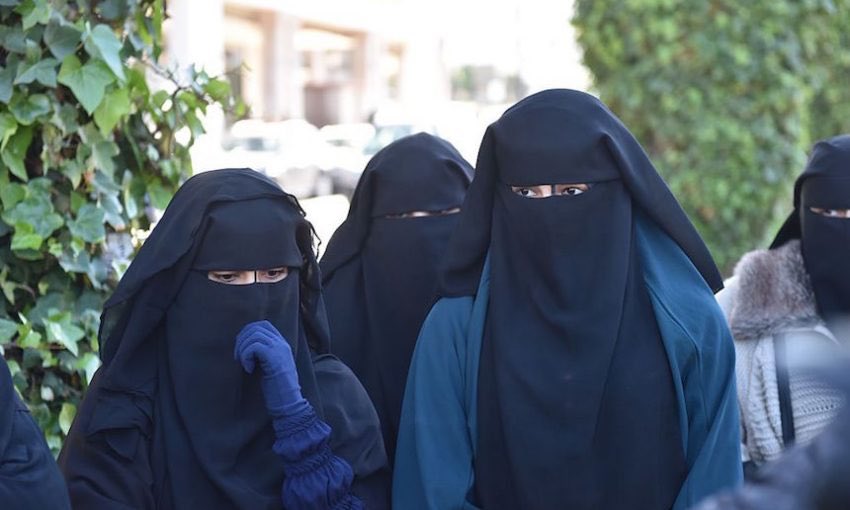1. Would you like the State to be "secular"?
2. Would you like the State to safeguard "religious liberty" of every citizen?
Most liberals (& even many conservatives) would answer a resounding "Yes" to both
But these are 2 very different questions!
Are there instances where you need to cease being "secular" as a State to preserve religious liberty?
OR
You need to violate religious liberties to safeguard "secularism"?
But US is not quite a secular state. Atleast not formally
However India ALSO is a secular state, as declared by the 42nd Amendment to the Constitution in 1976
But is this problematic? Or do these two commitments merely reinforce each other for the most part?
But there are instances where the two ideals conflict seriously.
Let's explore one instance
In an ideal world the state should not be running schools, leave alone offer mid-day meals
But that ideal world does not exist in quasi-socialist India
Now let's suppose there is a classroom of 100. Where 50 kids are strictly vegetarian and abjure eggs. While the other 50 eat eggs and maybe even meat.
Now let's remind ourselves India is a state that honors both religious liberties and is also secular. How will it determine the menu?
There are three options
Hence it is not a strictly secular state, rather one that benignly honors the Hindu ethos
Here the state is NOT meeting its commitment to safeguard religious liberties
But by being agnostic to religious preferences, it is a Secular state!
Here the state is honoring both its commitment to safeguard religious liberties
AND
also manages to remain a strictly secular state.
Rabid secularists would favor Option B causing much angst and ill will
Some woolly headed liberals may favour Option C notwithstanding its profligacy
The purpose is to highlight the inherent contradiction between safeguarding "Freedom of Religion" and being a "secular" state.










